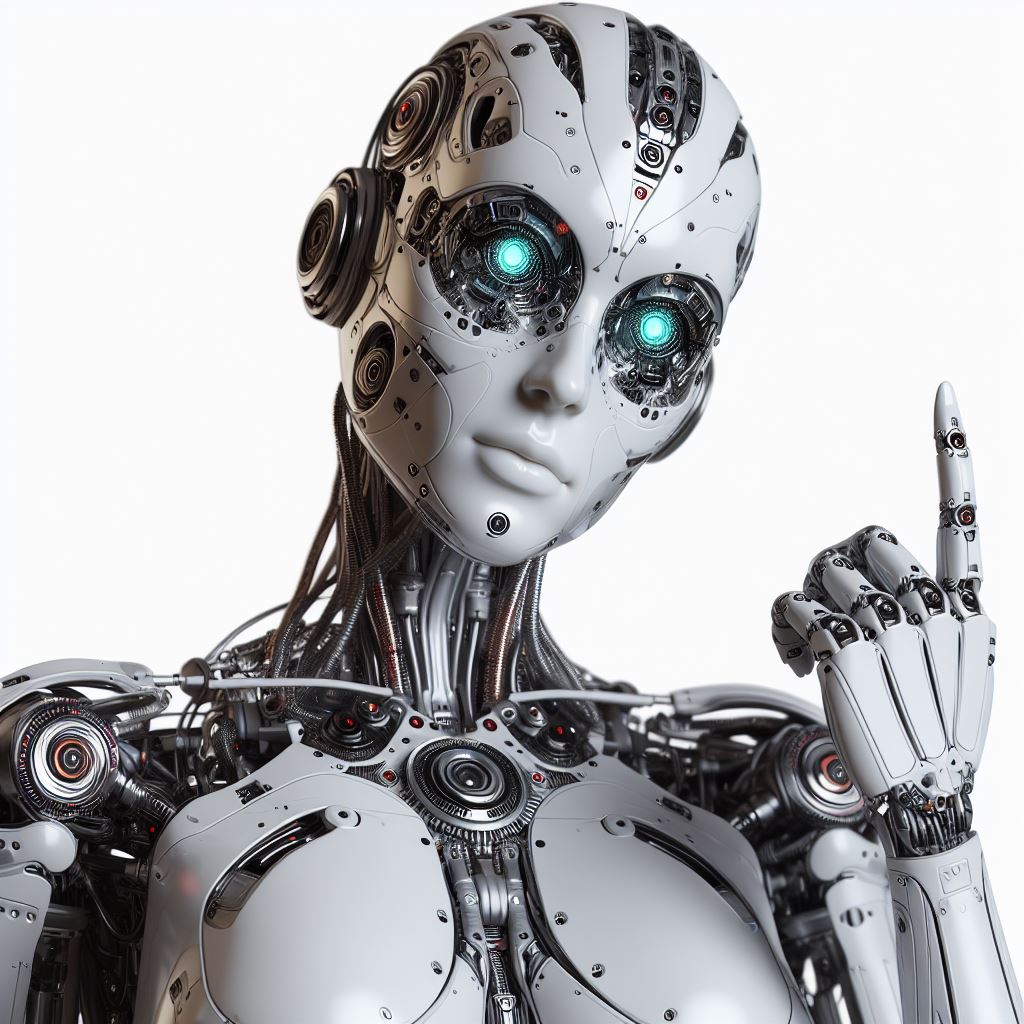Home automation has taken a significant leap forward with the integration of Machine Learning (ML) and Artificial Intelligence (AI) technologies. As smart devices become more intelligent, they can learn from users’ behaviors, adapt to their needs, and improve overall convenience and energy efficiency. This evolution of home automation offers not only comfort but also personalized experiences that enhance everyday living.
The Rise of AI and ML in Home Automation
Home automation refers to the use of technology to control household systems such as lighting, temperature, security, and entertainment. Traditionally, these systems were operated through simple remote controls or timers. However, the advent of AI and ML has transformed these devices into highly intuitive, self-learning systems. Through data-driven decision-making, AI-powered devices can predict your preferences and adjust settings accordingly, making your home smarter and more efficient.
For instance, AI-powered thermostats like Nest use machine learning algorithms to learn your daily routines and adjust the temperature based on your activity. Over time, these devices gather data about your preferences, allowing them to create a more comfortable environment while saving energy. Similarly, lighting systems with AI integration can learn the patterns of when and where you use lights in your home, optimizing energy consumption while ensuring that you never walk into a dark room.
Security and Safety with AI-Driven Devices
Home security is one of the most important aspects of home automation. AI and ML play a critical role in enhancing safety by powering smart security cameras and alarms. These devices can detect unusual activities and send real-time alerts to homeowners, offering an extra layer of protection. Machine learning algorithms enable security cameras to distinguish between normal activities and potential threats, reducing false alarms and ensuring timely responses.
Moreover, AI-powered smart locks can recognize authorized individuals and grant access accordingly, eliminating the need for traditional keys. These devices can also learn your typical entry and exit times, automatically locking doors when no one is at home.
Personalized Smart Home Experience
One of the most attractive benefits of ML and AI-powered devices is their ability to create a personalized home automation experience. Smart speakers, such as Amazon Echo or Google Home, use AI to understand voice commands and respond intelligently to requests. These devices can control lights, adjust temperature, play music, or provide information, all tailored to individual preferences.
Moreover, AI in home automation systems can learn the behavior of each family member, enabling more customized settings. For example, AI-powered home assistants can adjust the lighting, temperature, and entertainment systems based on who is in the room, offering a seamless experience for everyone.
Energy Efficiency and Cost Savings
One of the major benefits of incorporating ML and AI in home automation is the significant energy savings they offer. AI devices can optimize energy usage by automatically adjusting heating, cooling, and lighting systems based on environmental conditions and personal preferences. This reduces energy waste and helps lower utility bills.
Smart thermostats, for example, can adjust the temperature based on the time of day, weather forecasts, and occupancy, ensuring that energy is not wasted when the house is empty. Similarly, AI-powered lighting systems can turn off lights when no one is around, minimizing electricity consumption.
Future of Home Automation with AI and ML
As the technology behind AI and ML continues to advance, the future of home automation looks brighter than ever. Smart homes will become even more intelligent, capable of anticipating user needs and offering more automation options. The integration of AI-powered devices into everyday life will lead to a more seamless and intuitive living experience.
In the coming years, we can expect even more innovative AI and ML-driven devices, including advanced virtual assistants, health monitoring systems, and automated home care solutions. With their ability to learn and adapt, these devices will further enhance the convenience, security, and efficiency of modern homes.
5
